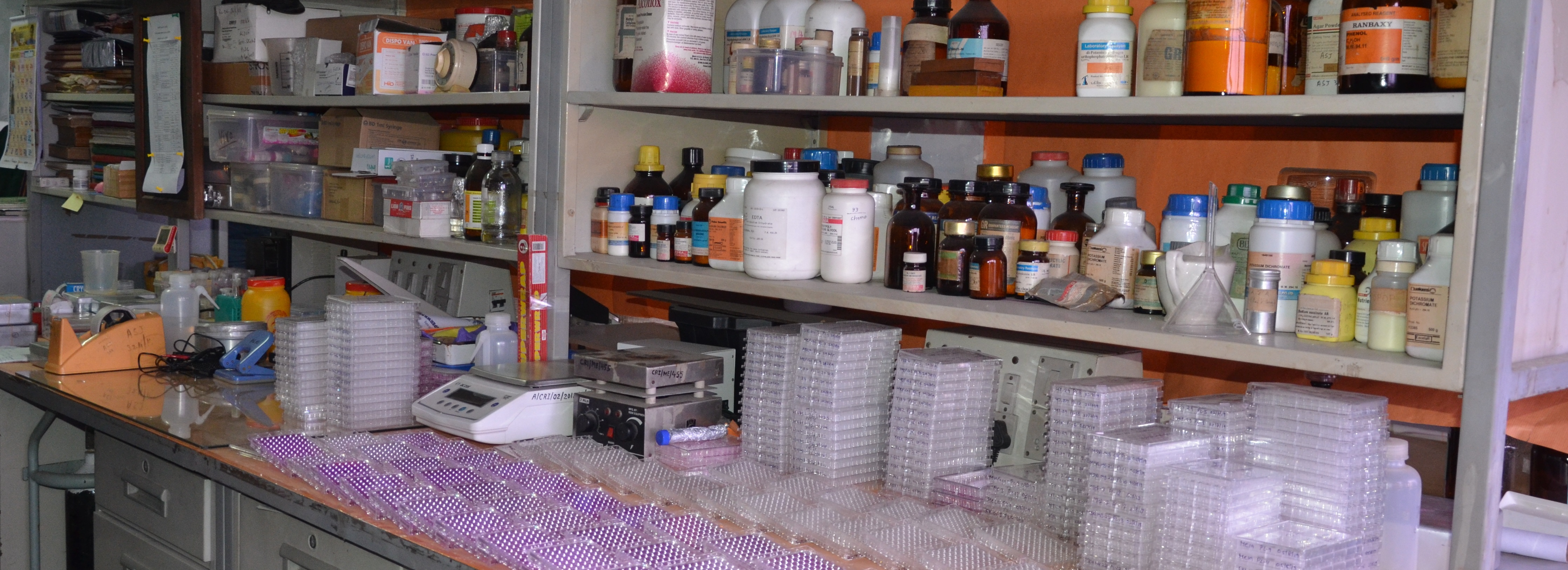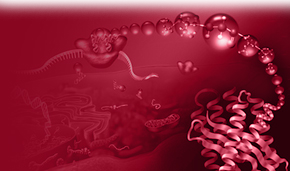|
|

|
|
Science Sparks @ ACTREC
|
 27th December 2021 27th December 2021 |
Vol. No. 10; Issue No. 506 |
|
|
|
|
|
|
Interesting Reads
|
|
Borst L, Sluijter M, Sturm G, Charoentong P, Santegoets SJ, van Gulijk M, van Elsas MJ, Groeneveldt C, van Montfoort N, Finotello F, Trajanoski Z, Kiełbasa SM, van der Burg SH, van Hall T. NKG2A is a late immune checkpoint on CD8 T cells and marks repeated stimulation and cell division. Int J Cancer. 2022 150(4):688-704.
|
|
|
Legends of Science
|

|
Vinod Prakash Sharma
Vinod Prakash Sharma, doctorate from Allahabad University (1974) was an internationally recognized leaders in malaria research. His specialization in malaria included epidemiology, urban malaria, insecticide resistance in malaria vectors, sterilization of male mosquitoes by various methods, bio-environmental control of malaria, and vector biology. He was President of National Academy of Sciences, India, in 1999. He was the recipient of Padma Shri in 1992 and Padma Bhushan in 2014.
|
|
| |

|
Kadlebal Matada Sivanandaiah
Kadlebal Matada Sivanandaiah, doctorate from the Indian Institute of Science, Bangalore(1961) was specialized in peptide synthesis. His contribution was the introduction of catalytic transfer hydrogenation, a new technique for removing the benzyl-type protecting group. Under his guidance, one of his students synthesized 18 amino acid peptide analogues. An 18 residue peptide is undergoing evaluation in humans as a possible agent to cure several inflammatory diseases. The Indian Peptide Society awarded him with a lifetime achievement award in 2007.
|
|
| |
|
|
Do You Know?
In 2009, FDA approved Cervarix, a second vaccine that protects against infection by the two HPV types that cause approximately 70% of all cases of cervical cancer worldwide.
|

|
|
|
Cancer News
|
| |
|
|
| |
|
|
|
A high-fiber diet may improve the response of melanoma patients to immunotherapy
|
|
23 December 2021, National Cancer Institute
|
|
A diet rich in fiber may help some people being treated for melanoma respond to immunotherapy treatment by influencing the gut microbiome, according to a new study led by researchers at the Center for Cancer Research at the National Cancer Institute (NCI), part of the National Institutes of Health, and the University of Texas MD Anderson Cancer Center...
|
|
|
|
|
| |
|
Microorganism sheds new light on cancer resistance
|
|
23 December 2021, ScienceDaily
|
|
Scientists describe T. adhaerens' unusual behavior, including its capacity to repair its DNA even after significant radiation damage and to extrude injured cells, which later die. The findings advance scientific investigations of natural cancer-suppression mechanisms across life. Insights gleaned from these evolutionary adaptations may find their way into new and more effective therapies for this leading killer...
|
|
|
|
|
© 2021 Advanced Centre for Treatment, Research and Education in Cancer (ACTREC)
|
|
